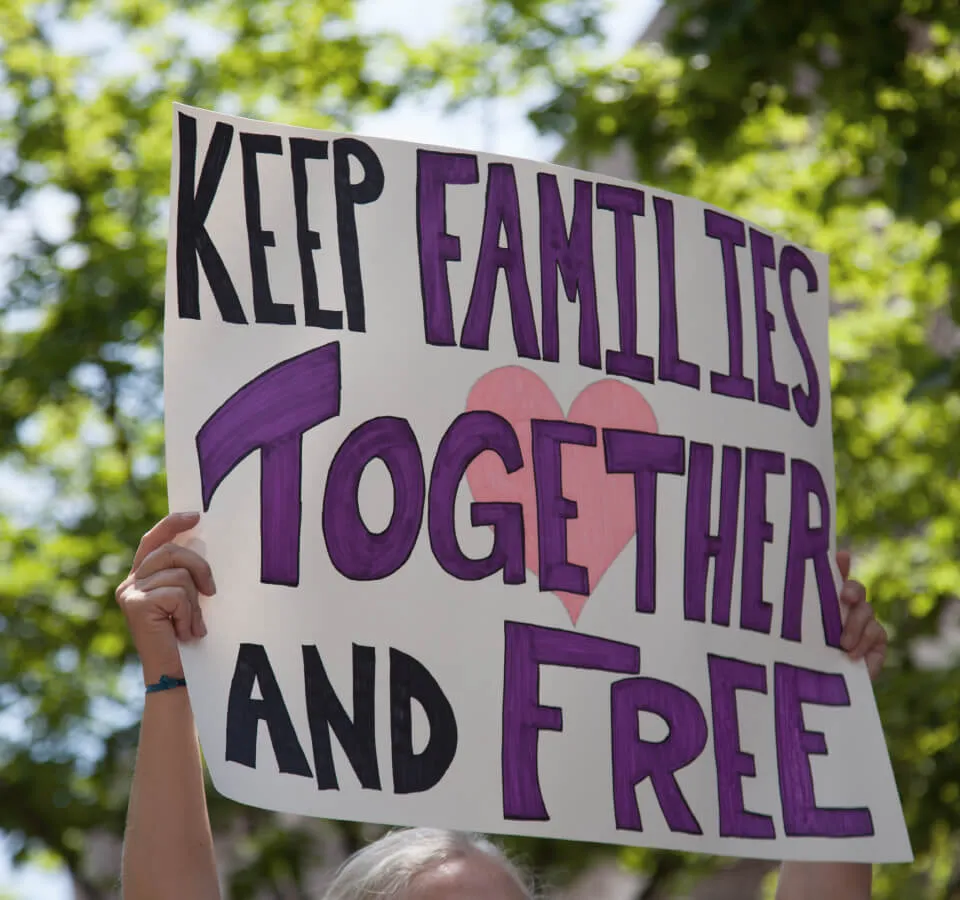Understanding Immigration Backlogs
Immigration backlogs are an all-too-common hurdle for individuals seeking residency or citizenship in the United States. But what exactly are they? Put simply, an immigration backlog exists when the number of immigration cases awaiting review or processing exceeds the capacity of government agencies to handle them within a reasonable time. For those directly affected, backlogs create significant uncertainty and emotional stress, delaying critical opportunities to live, work, or reunite with loved ones in the U.S.
The Impact of Immigration Backlogs
The personal toll of immigration backlogs is profound. For families, delays in processing can mean prolonged separation from loved ones. Individuals who intend to contribute their skills and expertise to the U.S. economy may face months—or even years—of waiting while work permits or green cards remain pending. Similarly, immigrants pursuing citizenship through naturalization may experience prolonged delays that hinder their ability to fully integrate into American society.
Backlogs often create a cascade of challenges. Employment authorization documents (EAD) may expire while awaiting renewal, putting careers and livelihoods on hold. Students may lose academic opportunities, and businesses sponsoring employees experience disruptions tied to these delays. The implications are felt at a deeply personal level and ripple outward through industries and communities.
What Causes Immigration Backlogs?
Several factors contribute to the growing backlog in the U.S. immigration system. First, the sheer volume of applicants has risen significantly over the years. Increased demand for benefits like family-based green cards, employment-based visas, and citizenship has outpaced the resources available to process these applications.
Additionally, limited staffing and outdated technology can slow the work of agencies like United States Citizenship and Immigration Services (USCIS) or the Department of State. Policy changes and administrative shifts—including enhanced scrutiny of applications and additional security checks—further lengthen the review process. The COVID-19 pandemic only exacerbated these issues, with office closures, reduced capacity for interviews, and processing freezes pushing the backlog to unprecedented levels.
Insights for Navigating Immigration Backlogs
While backlogs create undeniable stress, there are practical steps applicants can take to better manage these delays.
- Submit Accurate and Complete Applications – One of the most effective ways to avoid unnecessary delays is to ensure all forms and supporting documents are accurate and complete at the time of submission. A missed signature or incorrect filing fee often leads to additional delays.
- Monitor Policy Updates – Recent regulatory changes can affect processing times. For example, USCIS has recently implemented measures to reduce work permit renewal delays, including extending the validity period of certain EADs, which is a welcome relief for many applicants. Regularly reviewing your case status and being aware of updated guidance is essential.
- Work With an Experienced Immigration Attorney – An immigration attorney can ensure your case is properly filed and provide guidance on responding to requests for evidence (RFEs) or navigating complex procedures. At Zaveri Law Firm P.C., we take a personalized approach to help clients overcome obstacles in their immigration journeys.
- Stay Proactive – Whether asking for expedited processing (in qualifying cases) or ensuring your contact information remains current with USCIS, small proactive steps can make a difference.
Moving Forward in Difficult Times
Immigration backlogs are frustrating, but the path forward doesn’t have to feel overwhelming. Trusted legal counsel is an invaluable ally in navigating these challenges. At Zaveri Law P.C., we understand the strain that delays place on you and your loved ones. Our team is equipped to provide the clarity and guidance you need, ensuring your immigration goals remain within reach.
If you have questions or need support with your case, contact us today for a consultation. Together, we can build a strategy to address your concerns and help you achieve your aspirations in the United States.





